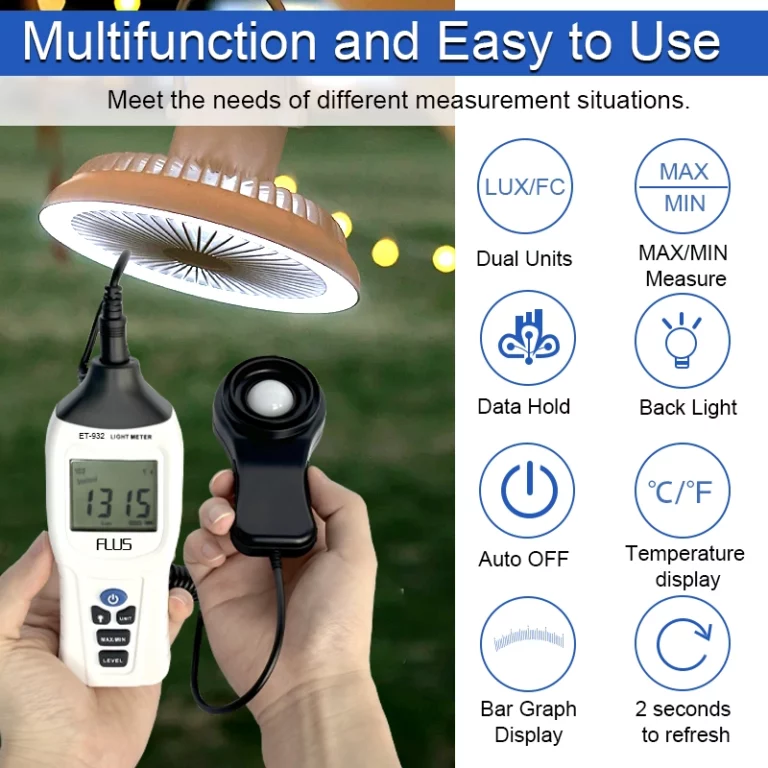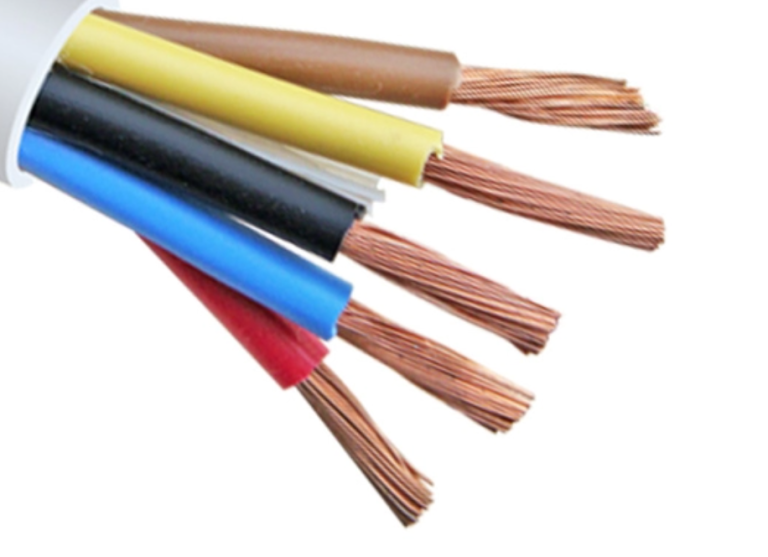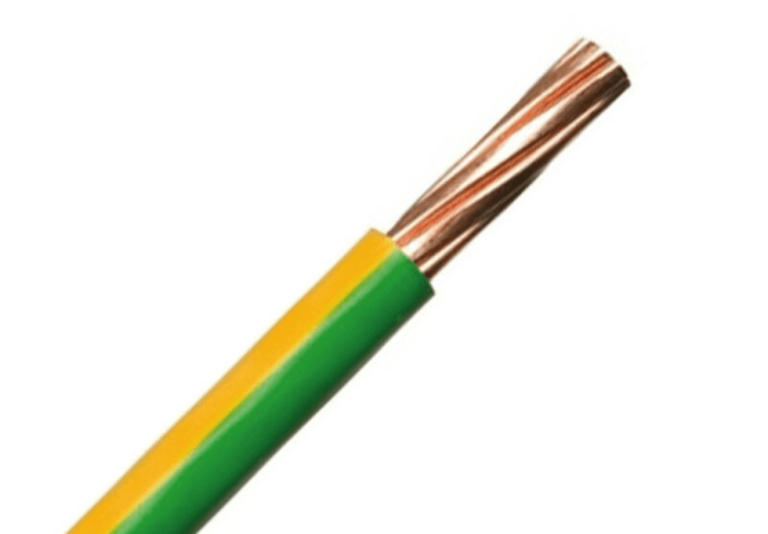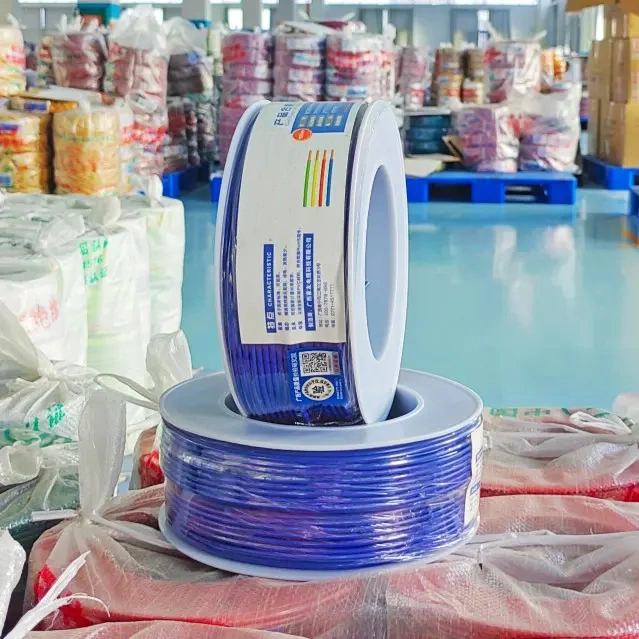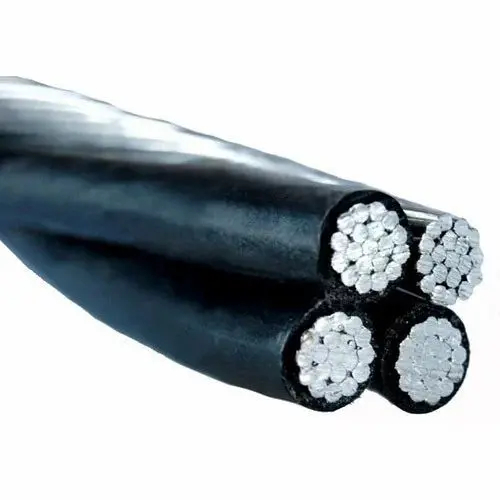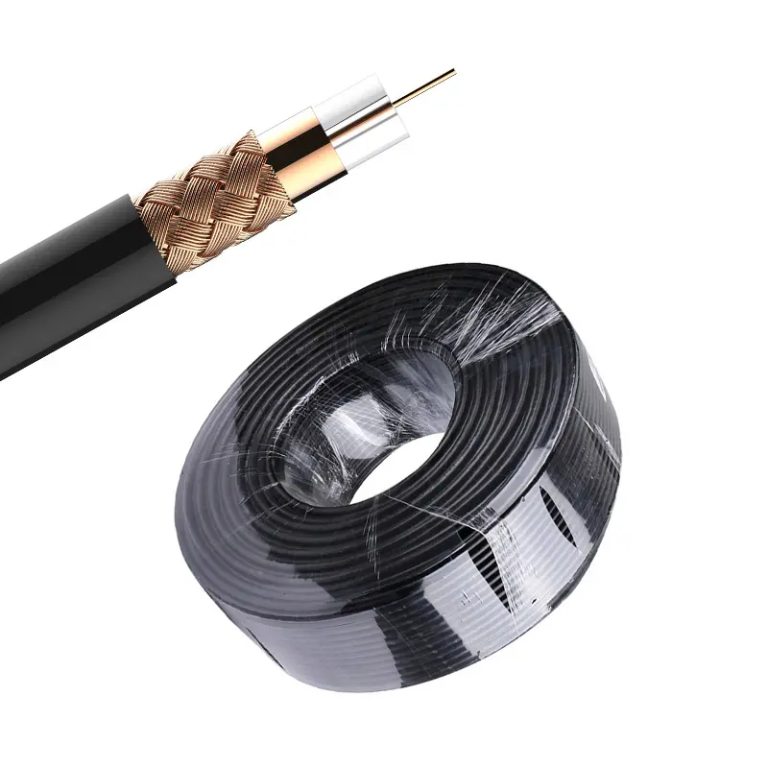目录
As businesses move toward sustainable energy solutions, solar power has become a major player in reducing electricity costs and carbon footprints. However, to fully leverage the potential of solar energy, many companies are turning to commercial solar battery storage systems to store excess energy for later use. But with so many solar battery solutions on the market, how can you know which one is right for your business?
Why Do Businesses Need Solar Batteries?
Before diving into specific battery types, it’s essential to understand why commercial solar battery systems are so valuable for businesses.
- Energy Cost Savings: Solar batteries allow businesses to store excess energy generated during the day and use it during peak hours when utility rates are higher. This can significantly reduce electricity bills.
- Energy Independence: With a reliable commercial solar battery, businesses become less reliant on the grid, protecting themselves from power outages and fluctuating energy prices.
- Sustainability: Storing renewable solar energy for future use aligns with sustainability goals, helping businesses reduce their environmental impact.
Now that we understand the benefits, let’s compare the leading solar battery solutions available for businesses.
Lithium-Ion Batteries
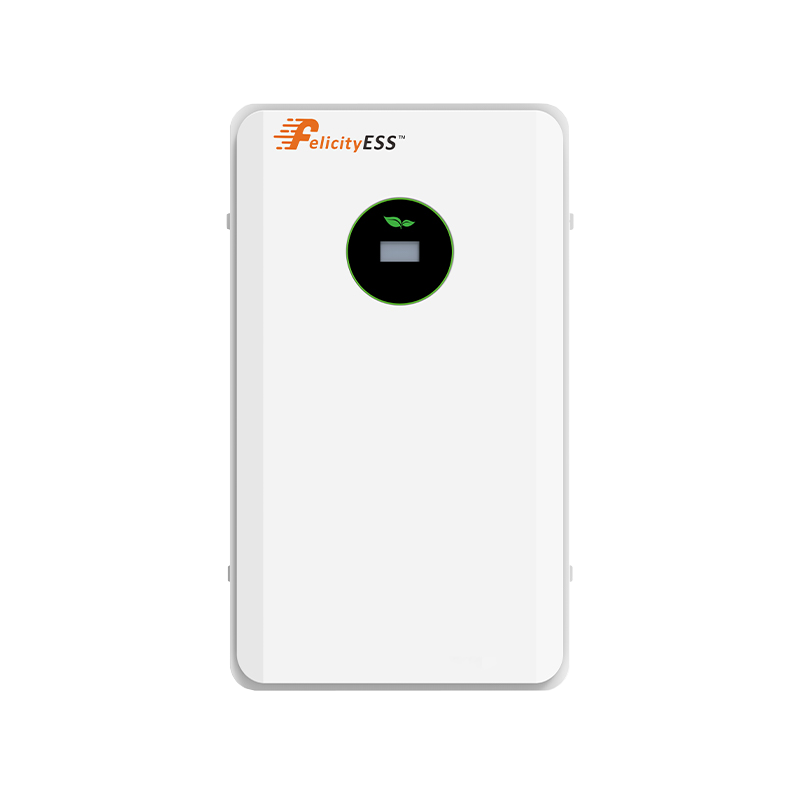
Overview:
Lithium-ion batteries are currently the most popular choice for commercial solar battery solutions. Known for their high energy density and efficiency, lithium-ion batteries store more energy in less space, making them ideal for businesses with limited installation areas.
Key Benefits:
- High Efficiency: Lithium-ion batteries are highly efficient, with round-trip efficiency often exceeding 90%. This means you get more usable energy out of what you store, reducing overall energy waste.
- Longer Lifespan: These batteries typically last between 10 and 15 years, offering a higher number of charge-discharge cycles compared to other types.
- Compact Design: Lithium-ion batteries are lighter and smaller, making them easier to install in various commercial spaces, including those with limited space for energy storage systems.
- Low Maintenance: Lithium-ion technology is known for requiring minimal maintenance, which means fewer operational disruptions for businesses.
Drawbacks:
- Higher Upfront Cost: While lithium-ion batteries offer long-term benefits, they are more expensive upfront than other options, which might be a consideration for smaller businesses with tighter budgets.
- Temperature Sensitivity: These batteries can degrade faster if exposed to extreme temperatures, requiring appropriate climate control systems in some environments.
Best For:
Businesses with high energy demands, space constraints, and those looking for long-term efficiency. While the upfront investment is higher, the overall savings and lifespan make lithium-ion a great choice for businesses aiming for high energy efficiency and independence.
Lead-Acid Batteries
Overview:
Lead-acid batteries are one of the oldest and most established technologies in the solar energy storage market. Despite being overshadowed by newer technologies, they remain a cost-effective option for businesses looking for a commercial solar battery solution on a budget.
Key Benefits:
- Low Initial Cost: Lead-acid batteries are significantly cheaper than lithium-ion options, making them attractive to businesses that need an affordable entry point into solar battery storage.
- Mature Technology: Lead-acid batteries have been around for over 150 years, which means that they are highly reliable and widely understood by technicians and manufacturers.
- Available for High-Power Applications: Some lead-acid battery models are specifically designed for applications where high power output is required, making them suitable for certain commercial needs.
Drawbacks:
- Shorter Lifespan: Lead-acid batteries typically have a shorter lifespan, lasting only around 5 to 7 years. This means they will need to be replaced more frequently, which can offset the initial cost savings.
- Lower Efficiency: These batteries have lower round-trip efficiency compared to lithium-ion, typically around 70-80%, meaning more energy is lost in the charging and discharging process.
- Size and Weight: Lead-acid batteries are bulky and heavy, requiring more space for installation, which could be a limiting factor for some businesses.
Best For:
Small to medium-sized businesses that are primarily concerned with cost savings in the short term. Lead-acid batteries are well-suited for businesses with lower energy demands or those in locations where space is not a concern.
Flow Batteries
Overview:
Flow batteries are a relatively newer technology in the solar battery market. They operate by storing energy in a liquid electrolyte solution, which is then passed through a cell stack to generate power. Unlike lithium-ion and lead-acid batteries, flow batteries are scalable and particularly suitable for long-duration energy storage.
Key Benefits:
- Scalability: Flow batteries can be easily scaled up by adding more electrolyte tanks, making them ideal for businesses with growing energy storage needs.
- Long Lifespan: These batteries can last upwards of 20 years with proper maintenance, providing a reliable long-term solution for businesses looking to store large amounts of energy.
- High Depth of Discharge: Flow batteries can be discharged 100% without degrading their capacity, making them ideal for businesses with high energy usage that need to rely on stored energy more frequently.
Drawbacks:
- Higher Upfront Costs: While flow batteries have a long lifespan, their initial cost is often higher than other technologies, making them a significant investment.
- Large Footprint: Flow batteries require substantial space, making them less suitable for businesses with limited installation areas. They may not be practical for smaller commercial properties.
- Complexity: Flow battery systems are more complex than lithium-ion or lead-acid systems, meaning that installation and maintenance might require specialized expertise.
Best For:
Large businesses or commercial operations with significant energy storage needs and ample space for installation. Flow batteries are particularly well-suited for industries with continuous, high energy consumption, such as manufacturing or data centers.
Choosing the Right Commercial Solar Battery Solution for Your Business
Now that we’ve covered the most popular commercial solar battery options, how do you determine which one is right for your business? Here are a few factors to consider when making your decision:
- Energy Demand: Assess your business’s energy needs. If you have high energy consumption and need reliable, long-term storage, lithium-ion or flow batteries may be the best choice. For businesses with lower energy demands, lead-acid batteries might be sufficient.
- Budget: Consider both the upfront and long-term costs. While lead-acid batteries are cheaper initially, they have a shorter lifespan and lower efficiency, which could result in higher costs over time. Lithium-ion and flow batteries, though more expensive upfront, offer greater efficiency and longevity.
- Space Availability: If your business has limited space, lithium-ion batteries may be the best option due to their compact size. If space is not an issue, flow batteries may provide more scalability for future energy storage needs.
- Environmental Conditions: Consider the environmental conditions where your batteries will be installed. Lithium-ion batteries are sensitive to temperature, while lead-acid and flow batteries tend to be more resilient in extreme conditions.
Selecting the right commercial solar battery solution for your business depends on several factors, including your energy needs, budget, and available space. Lithium-ion, lead-acid, and flow batteries all have unique advantages and limitations, so it’s essential to carefully evaluate each option based on your specific requirements.
For most businesses, lithium-ion batteries offer a great balance of efficiency, longevity, and space-saving design. Lead-acid batteries are an affordable option but may require more frequent replacements, while flow batteries are ideal for businesses with high energy demands and room for scalability.


